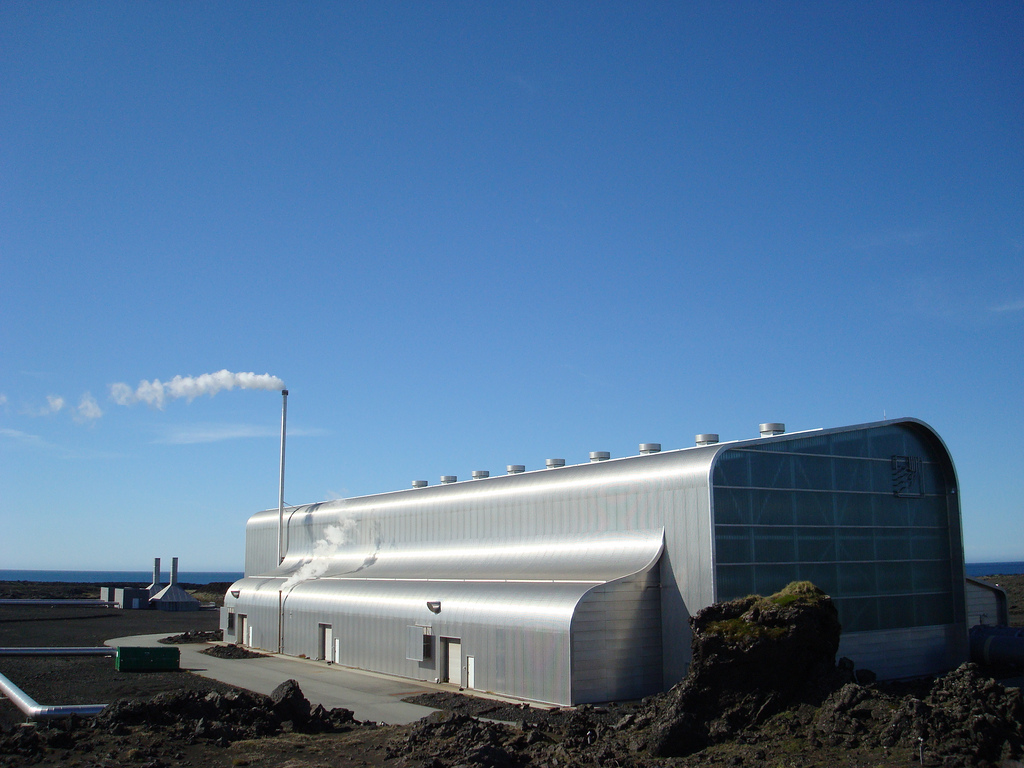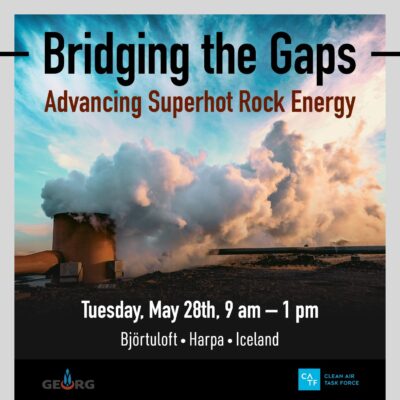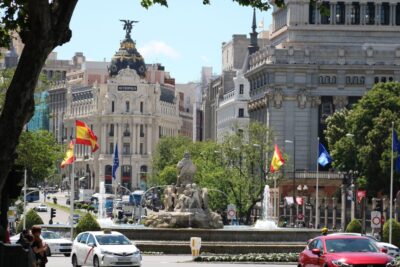Expansion of Reykjanes geothermal plant starts operation
Geothermal power company HS Orka announces the start of commercial operation of its 30 MW expansion of the Reykjanes geothermal power plant in Iceland.
The expansion of Reykjanes geothermal power plant (REY4) by HS Orka in Iceland, has now officially started commercial operation. The company’s operation team though already took the plant over officially at the end of last month. As we reported before, the plant’s expansion increases the installed production capacity of the plant from 100 MW to 130 MW and this without drilling new wells, having developed a way to further utilise the resource in collaboration with Icelandic geothermal experts. With that Iceland’s geothermal power generation capacity reaches 784 MW. HS Orka also started on a 22 MW modernisation and expansion of the Svartsengi geothermal power plant, which should add around 10 MW in overall capacity to that plant.
All cost and construction time estimates were met, and safety issues were in the foreground during the construction period in good cooperation with the main contractor Ístak.
The plans for the expansion worked out and better than planned
In a ceremony. Sunna Björg Helgadóttir, manager of HS Orka’s technical department, handed over the expansion for operation to Kristni Hardarsson, manager of operations, at a ceremony in Reykjanesvirkjun at the end of April. Sunna Björg and her team led the project in the preparation and implementation phase, but construction only started at the beginning of 2021, even though research and development had been going on since 2009. Sunna Björg says that the project has generally been successful and that they managed to get competitive prices for the largest project along with to get an experienced contractor for the job. “We started in the middle of a pandemic, and while the pandemic itself didn’t significantly affect the project, it and the war in Ukraine caused delays in the supply chain. At the same time the weather also affected the work and delayed various outdoor works. Despite these challenges, the project was completed on the approved budget and the unit went into operation ahead of schedule just before Christmas.” Sunna Björg believes that there are many reasons why it was so successful: “We had a strong and experienced project team, where there was a selected person in every position, the preparation was good and the risk management was good. Good communication and cooperation between the project team and key contractors was also crucial.”
A unique global solution
It can be said that the environmental impact of the construction is minimal or non-existent, but the philosophy is to make full use of the energy and fluids extracted from the ground. Instead of new wells to be drilled, a way was developed to further utilize the resource that Reykjanesvirkjun relies on by capturing the waste heat from the power plant. The groundwater drilled for Reykjanesvirkjun is 270°C hot and the steam is used to produce 100 MW of electricity with two high-pressure turbines. There is still considerable energy left in the liquid, which has reached around 200°C. With technical solutions developed by HS Orku’s experts in collaboration with national experts in geothermal systems, it is now possible to use that liquid even further. Among the tasks of the experts was to find solutions for removing sediments such as silica from the water before the energy is used.
Security issues in the foreground
HS Orka places great emphasis on safety in all its activities, both in operation and maintenance as well as new constructions, and strives to follow the most stringent standards and procedures in the field of safety. Hallgrímur Smári Thorvaldsson, HS Orku’s safety manager, says that on the whole safety matters were successful during the REY4 construction period: “During the two years of construction, around 1,800 reports were received, both large and small, concerning safety, health and the environment. They were dealt with in good cooperation with the main contractor, who was in charge of safety in the area, and there were no serious accidents during the construction period. Such a notification system, together with other active controls, is a prerequisite for preventing serious incidents.”
Hallgrímur Smári says that as a contractor HS Orka wants to introduce improvements in safety in the construction industry in Iceland, but “best practices” in this country are not comparable to what is best done abroad. “We all need to work together and raise safety issues in the construction industry in this country to a higher level.”
The next major project in Svartsengi
Emphasis in energy matters is changing in such a way that in the future efforts will be made to make better use of power from the resources that have already been activated. There are many options available and HS Orka has already started preparations for the company’s next major project, which consists in increasing the capacity and utilization of the resource in Svartsengi.
The expansion of the power plant in Svartsengi, SVA7, aims to increase the production capacity of the power plant from 75 MW to 85 MW. The power plant will have one production unit that will replace several older machines and equipment. By using steam that used to go into older machines, production capacity increases and maintenance and production costs decrease. The project is similar in size to the expansion of the Reykjanes power plant. All required permits are in place and work on the expansion has already begun.
Source: Company release


















